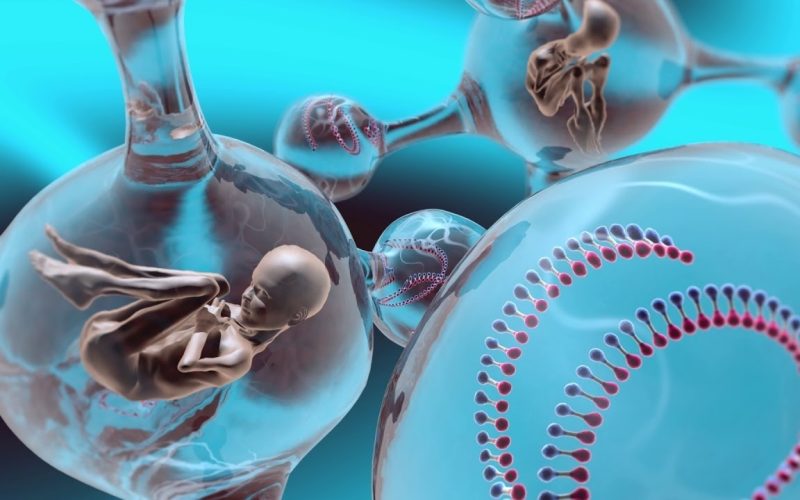The field of fertility treatments has seen significant advancements in the past decade, with one of the most promising areas of research being epigenetics. Epigenetics, which involves the study of changes in organisms caused by modification of gene expression rather than alteration of the genetic code itself, is providing new insights into the causes of infertility and offering potential new avenues for treatment.
Epigenetics and Fertility: An Overview
Epigenetics refers to the external modifications to DNA that turn genes on or off. These modifications do not change the DNA sequence but instead, they affect how cells read genes. Epigenetic changes can be influenced by various factors such as age, environment, lifestyle, and disease state.
In the context of fertility, epigenetic changes can have a profound effect on the ability of a couple to conceive and maintain a healthy pregnancy. These changes can occur in both men and women and can affect not only the individual’s fertility but also the health of their offspring.
The Link Between Epigenetics and Infertility
Recent research has suggested that many cases of unexplained infertility, recurrent miscarriage, and failed in-vitro fertilization (IVF) attempts may be due to epigenetic abnormalities.
In women, these abnormalities can affect the quality of the eggs, the ability of the embryo to implant in the uterus, and the health of the pregnancy. For instance, changes in the epigenetic markers of the egg can affect its ability to divide and grow into a healthy embryo. Similarly, changes in the epigenetic markers of the uterine lining can affect its receptivity to the embryo, leading to implantation failure or miscarriage.
In men, epigenetic changes can affect sperm quality and function. These changes can impact the sperm’s ability to fertilize the egg, the health of the resulting embryo, and even the child’s future health. For example, studies have shown that men who smoke have significant changes in the epigenetic markers of their sperm, which can lead to decreased fertility and increased risk of health problems in their children.

Epigenetics and Assisted Reproductive Technology (ART)
Epigenetics has a significant role to play in Assisted Reproductive Technology (ART), which includes procedures like IVF and Intracytoplasmic Sperm Injection (ICSI).
During IVF, eggs are retrieved from the woman’s ovaries and fertilized with sperm in a laboratory. The resulting embryos are then transferred back into the woman’s uterus. However, this process can sometimes lead to epigenetic changes in the embryos, which can affect their ability to implant and develop. By understanding these changes, scientists hope to improve the success rates of IVF and other ART procedures.
Similarly, during ICSI, a single sperm is injected directly into the egg. This procedure is often used when there are severe male factor infertility issues. However, it can also lead to epigenetic changes in the sperm, which can affect the health of the resulting embryo and the child’s future health. Researchers are currently studying these changes in an effort to improve the outcomes of ICSI.
Epigenetics and Future Fertility Treatments
The study of epigenetics is opening up new possibilities for fertility treatments. For instance, scientists are exploring the use of drugs that can reverse epigenetic changes, potentially restoring fertility in individuals who were previously unable to conceive.
In addition, researchers are studying the use of epigenetic markers as diagnostic tools. By identifying specific epigenetic changes, doctors may be able to determine the cause of a couple’s infertility and tailor treatment accordingly.
Moreover, the study of epigenetics may also lead to more personalized fertility treatments. By understanding how an individual’s lifestyle, environment, and other factors affect their fertility at the epigenetic level, doctors may be able to provide more targeted and effective treatments.
Conclusion
The field of epigenetics is revolutionizing our understanding of fertility and offering new hope for couples struggling to conceive. While much of this research is still in its early stages, the potential implications for fertility treatment are vast and exciting. As our understanding of epigenetics continues to grow, so too does the potential for new and improved fertility treatments.
The application of epigenetics in fertility treatments is a burgeoning field of research with the potential to provide solutions for many couples who have struggled with infertility. As we continue to unravel the complexities of our genetic makeup and the factors that influence it, we move closer to a future where infertility may be a hurdle of the past.









